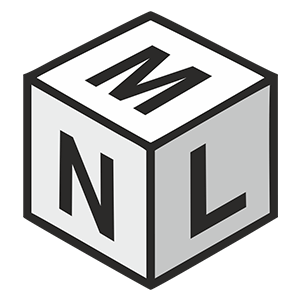SONATA Service Platform Release 2.0

SONATA H2020 project, where NCSRD is participating, officially announces the launch of its release 2.0, the third official software release delivered since the project started in July 2015.
SONATA is developing a Network Functions Virtualisation (NFV) service framework that provides a programming model and development tool chain for virtualized services, fully integrated with a DevOps-enabled service platform and orchestration system. SONATA results include:
- SONATA Service Platform, which accommodates Communication Service Providers’ needs in the new and much more challenging 5G environment.
- SONATA Network Service Software Development Kit (SDK) that provides an invaluable set of tools for assisting developers in the development and testing of NFV-based services.
These SONATA building blocks complement each other in the context of next generation of mobile networks and telecommunication standards referred as 5G, focusing on optimal use of the available network and cloud infrastructure.
SONATA 2.0 Release main improvements
- SONATA Service Platform Tool for automatic and complete installation
- New Security policy (HTTPS and user registration).
- New modules in the Gatekeeper that provide monetization capability and business intelligence support.
- Function Lifecycle Managers and improved Specific Managers infrastructure in the MANO Framework.
- Initial support of container-based VIMs, multi-PoP service deployment, Service Function chaining configuration and VNF image pre-deploymentand management in the Infrastructure Abstraction Layer.
- Extended monitoring functionality. Improved Catalogues and Repositories
- Use of the platform’s GUI by Service Platform managers to manage VIMs
SONATA SDK
- Automated versioning of development setups. Improvement in the validation functionality for detecting bugs in the developed network services/functions.
- Updated SDK tools to support multiple platforms and authentication/security options.
- The SDK emulator has been extended. It is a key asset which provides a very rapid testing environment to deploy developed services
- Additional debugging and monitoring functionality for easy inspection and visualisation of network interfaces and links.
